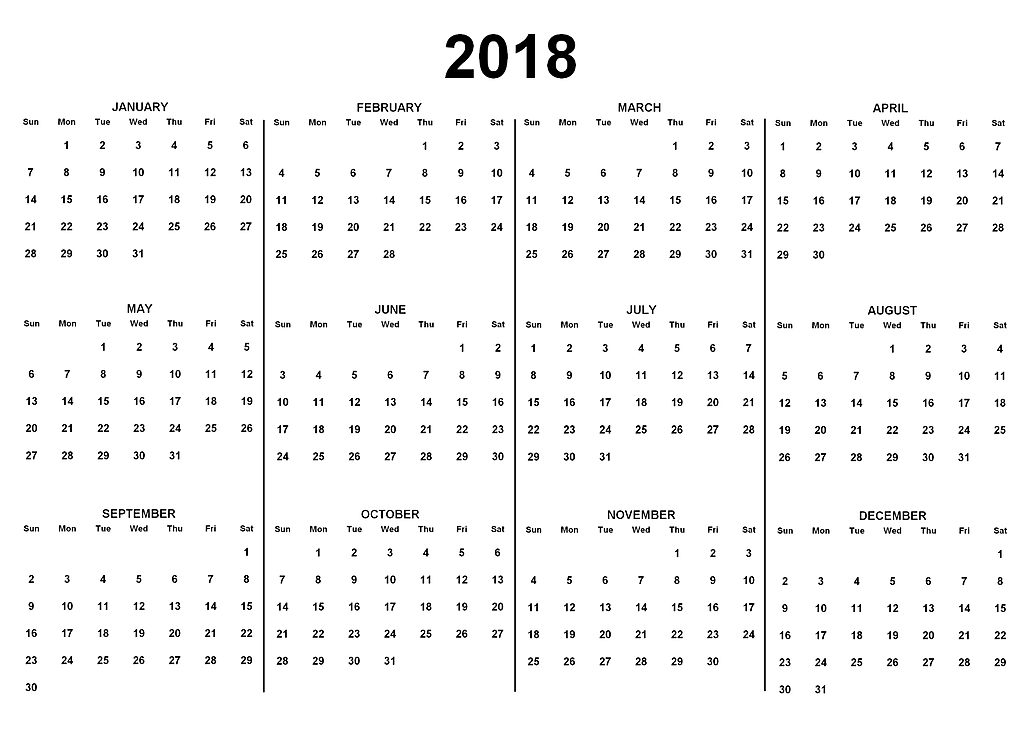January brought a new year to our calendars—more on calendars shortly—but a look at the public schooling values and identity-based battles for the month shows that nothing much has really changed. Some of the big battlegrounds of 2017—and years before that—are still big battlegrounds at the outset of 2018. Which should come as no surprise: A new year doesn’t suddenly make diverse people abandon the cultures, histories, and values they cherish.
Let’s look at some of the recurring conflicts in January:
- Gender: How to fairly treat both transgender students and people who are concerned about privacy, and sometimes transgenderism itself, remains probably the hottest flashpoint in public schooling today. We posted three new battles on the topic in January, including two—one in Virginia, one in California—in which efforts to instill tolerance of transgender children was seen by some as indoctrination. The California incident included the “Gender Unicorn,” which was a source of concern in North Carolina in 2016. The third battle was in Clark County, Nevada, in which a boy who said he was gay but not transgender—how should that be handled?—but who felt more comfortable changing with girls, was using the girls’ locker room. There was also an update to a conflict in Kenosha, Wisconsin. There the school district settled with a transgender student who was required to wear a green wristband to monitor his bathroom access, as well as other policies that made him feel stigmatized.
- Punished for Challenging Schools: Early in the month education grabbed national headlines as a teacher in Vermillion Parish, Louisiana, was put in handcuffs allegedly for speaking beyond the public comment period at a school board meeting, but many feared it was really because she was criticizing the board for giving the superintendent a generous salary increase while holding teacher pay flat. In Washington State at the end of the month, a father was arrested for allegedly threatening to hurt students who bullied his daughter when he went to her school to complain about the bullying. He said he made no such threats, and that school officials stereotyped him because he is heavily tattooed. Finally, a student in Lebanon, Tennessee, was suspended after posting a video she recorded in a school classroom criticizing the school’s handling of bullying. District officials said her punishment was not for her message, but for recording in a classroom without a teacher’s permission.
- Sex: Battles over sex education and policies such as condom distribution in schools have erupted for decades, and in January debate occurred in Indiana over legislation that would require public schools to have parents opt their children into any lessons dealing with sex. Meanwhile, the Tigard-Tualatin school board in Oregon was poised to vote on removing school-based clinics where students could obtain birth control.
In addition to the battles we saw pop up in multiple places this month, an overlooked type of conflict that is illustrative of the inescapably zero-sum nature of public schooling also occurred. We have seen it before in places such as New York City and Maryland. In Texas, a school district voted against making the Hindu holiday of Diwali a day off on the district calendar, seeing adding such a holiday as a violation of church-state separation. But don’t districts take Christmas off? Yes, but the official reason often offered is that too few kids would come to school to make being open worthwhile. At a minimum, the result of such understandable reasoning is that small religious groups suffer while big ones get what they want. Mayor Michael Bloomberg captured the problem in 2009 when he explained why he opposed a request to put two Muslim holidays on the New York City district calendar: “One of the problems you have with a diverse city is that if you close the schools for every single holiday there won’t be any school.”
If only there were a way to fix a problem like that in this new year…. Oh, right: With school choice even small minorities could much more easily get their religious needs met, because rather than having to impose their holidays on all the people of an entire district, they’d just need a school or two that shares their religion, or that is even just willing to take their holidays off.
Don’t forget to check out and “like” the Battle Map Facebook page, vote in our latest poll there, and have a happy 2018!

